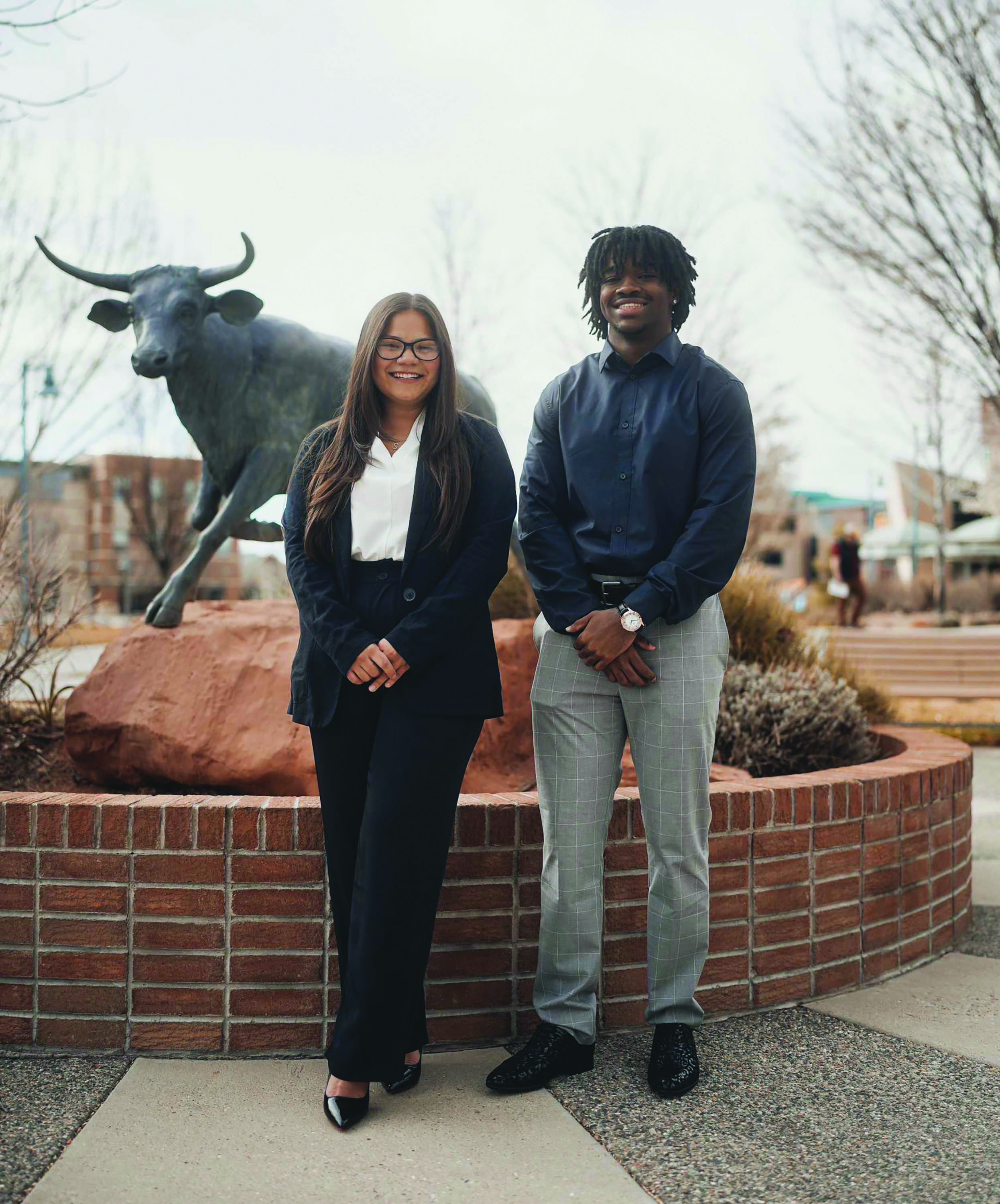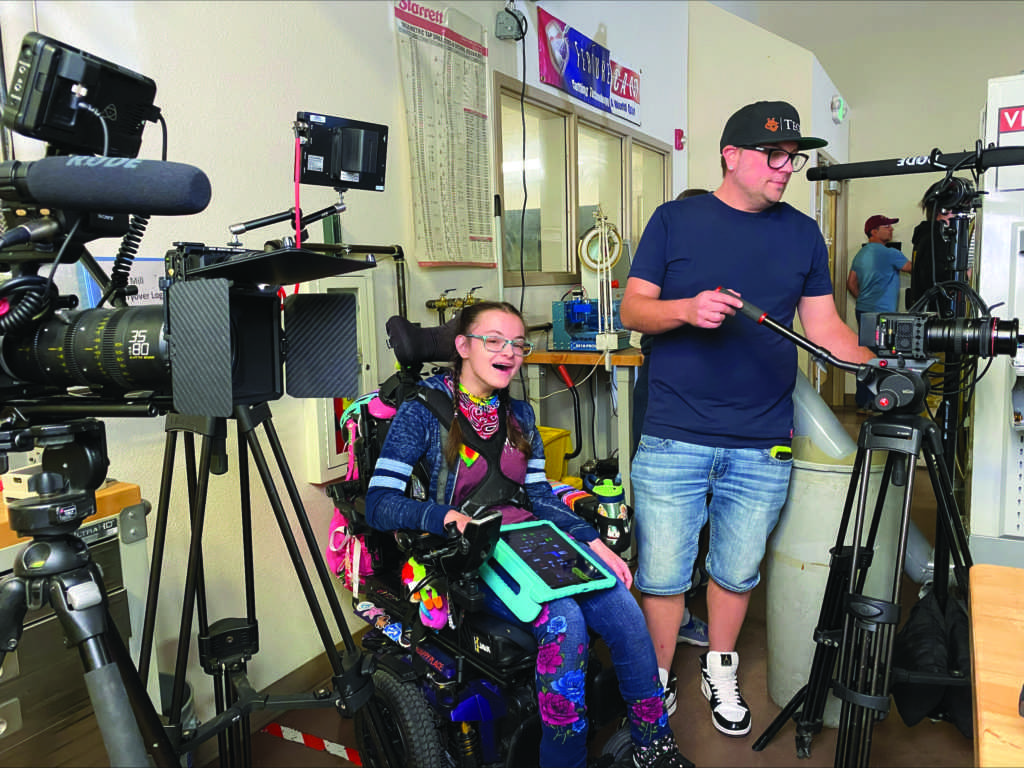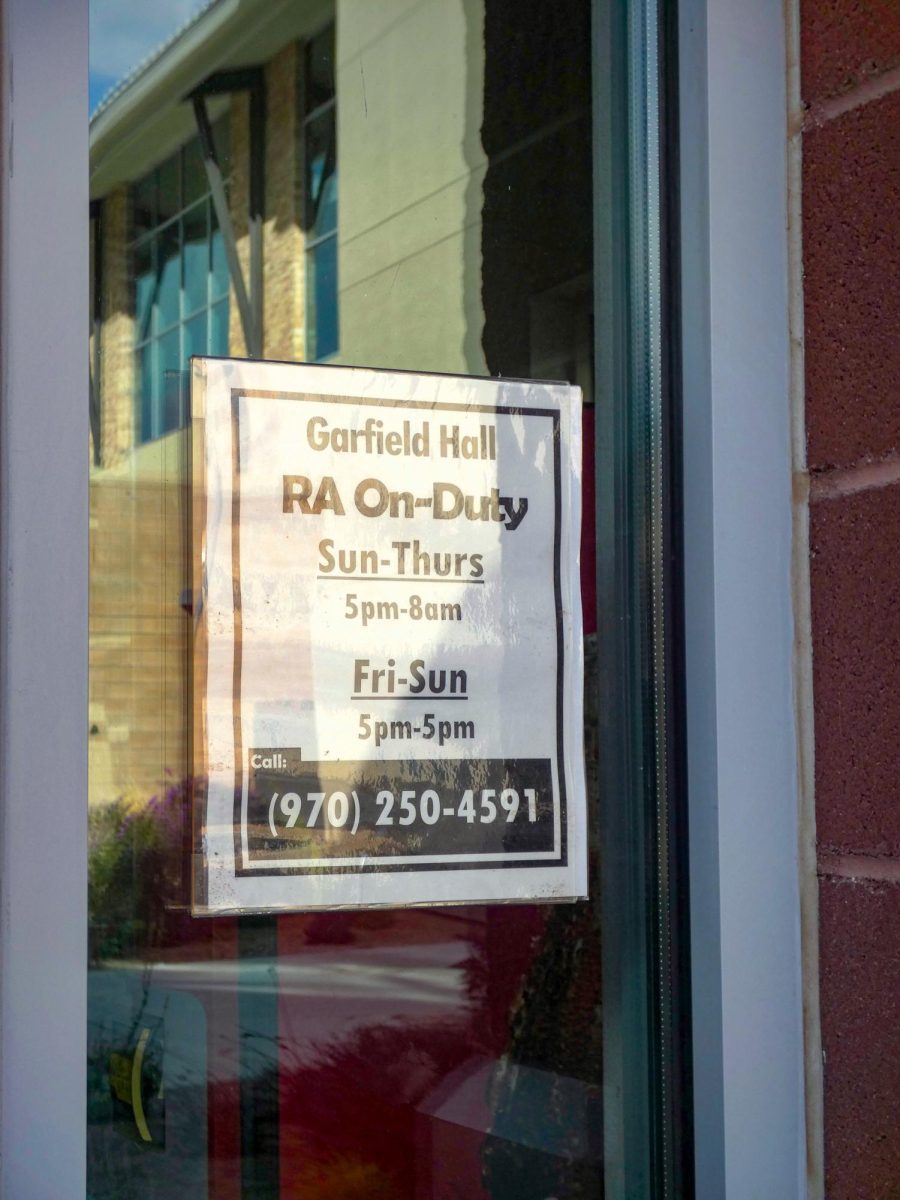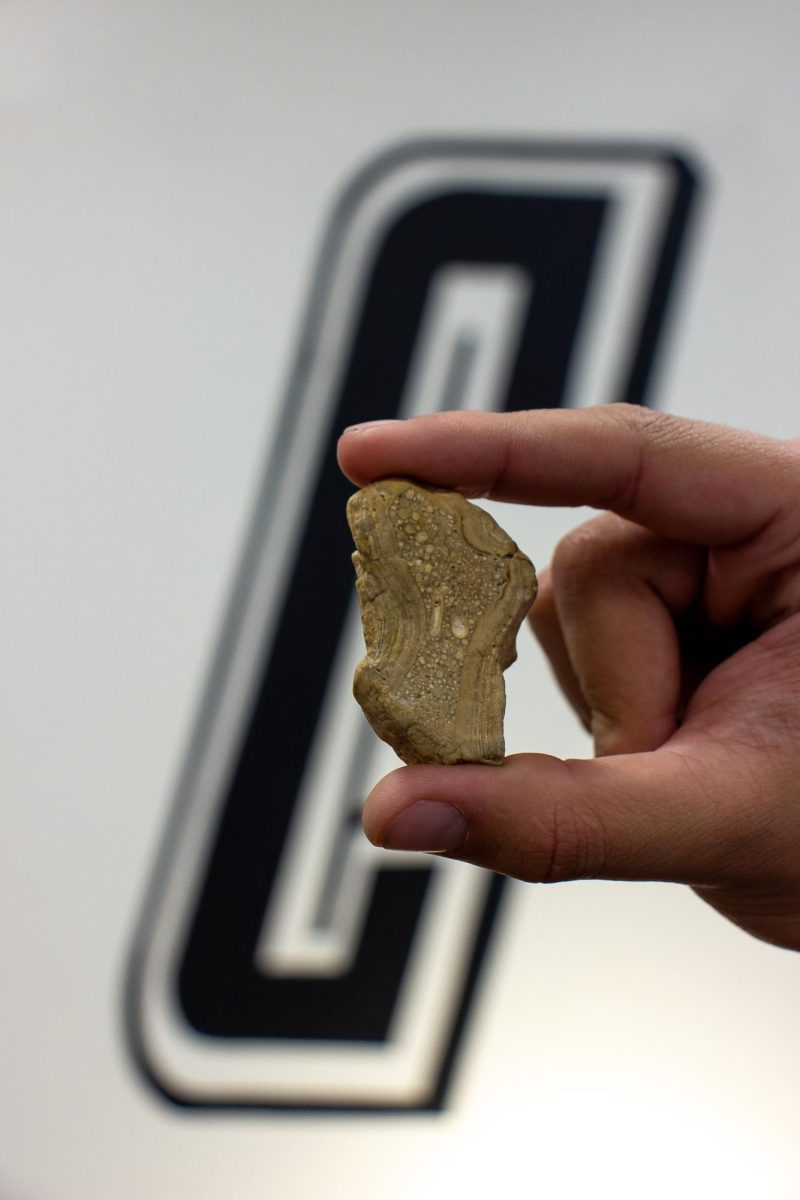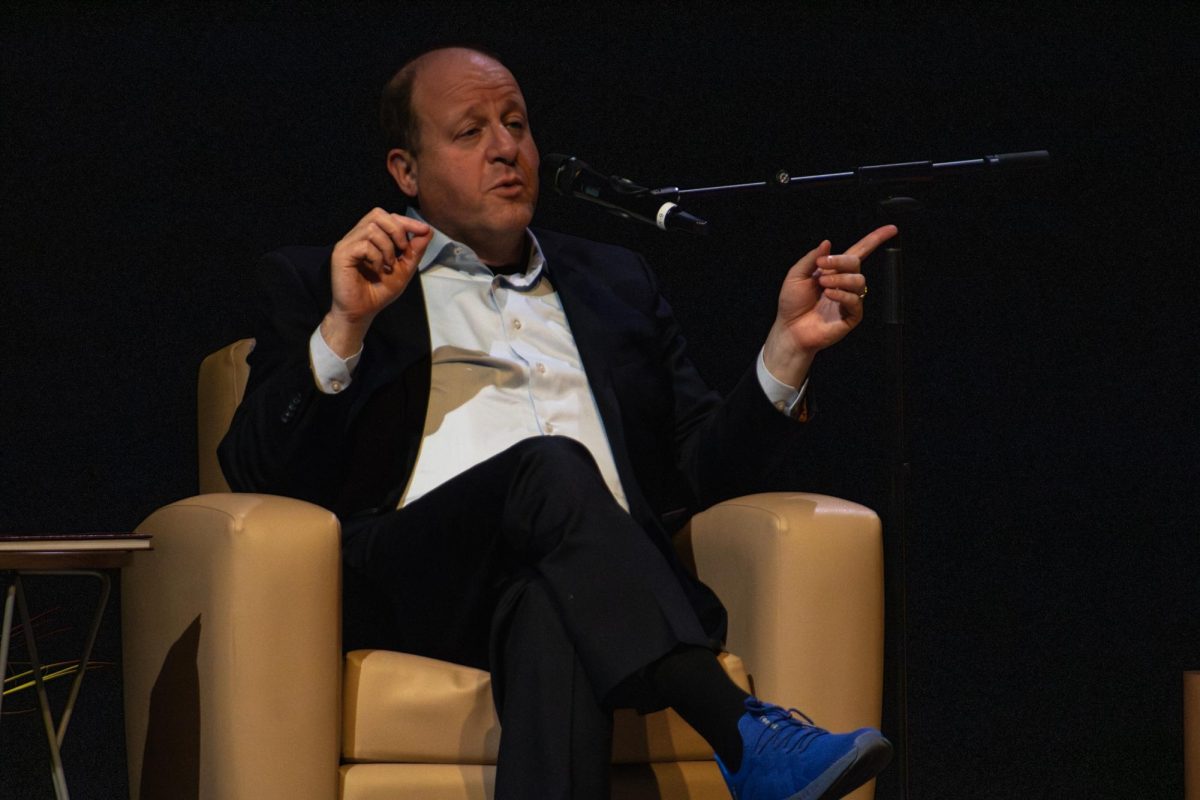Grand Junction attorney and Colorado Mesa University instructor Stephen Laiche has been working on a case that sprung up in October of 2017 involving a defendant who only speaks his native language, Cantonese.
When an interpreter is needed in Grand Junction, depending on the language, one can be easy to find. However, Laiche struggled to find a Cantonese interpreter in the area, so he turned to a translation service for the courts in Denver, and the court proceedings have been translated by phone.
Translating for court by phone involves a lot of one party not knowing what the other is talking about because when the judge or lawyer presents the defendant with the charges or a piece of evidence, the translator can’t see what the defendant is looking at.
“I think it is a very empty way of trying to assure anybody [of their] Constitutional rights, and from a lawyer’s perspective, to communicate with your client,” said Laiche.
Laiche knew it would be difficult and time-consuming to try to advise a client with a translator on the phone, so his first instinct was to not take the case because he felt it was ineffective representation.
In order for things to move quickly and to avoid confusion in a courtroom, it is important for the translator to be in the room with the defendant. Visual evidence and documents would be lost over the phone. The translator also has to translate everything that is said back to the defendant, even if a question is not directed at him.
“I personally think that it is a 5th Amendment and a 14th Amendment denial of due process if you are trying to meet with your clients, or advise them over the phone,” Laiche said.
The American Constitution is full of nuances near impossible to understand and translate, so for a defendant who doesn’t speak our language, understanding his rights became that much harder to do. Because the translation over the phone was proving to be ineffective, Laiche called the department of languages at CMU. Had it not been for our professors of Asian languages, Laiche and his client may have been out of luck.
Emma McClelland, a professor of languages at CMU, agreed to meet with Laiche and his client. Laiche said, “I listened to him, Emma translated, for two hours, trying to explain the charges… and it’s so much better even though I’m going through this complicated language. I can show him a picture… and Emma can directly translate it, and he gets it a lot more, I think than if we’re on the phone.”
In the Grand Junction area, Spanish interpreters are plentiful, but people who speak Asian languages are few. Be that as it may, all defendants have a due process right wherever they are in this country. All defendants have a right to understand what is being said in their case.






